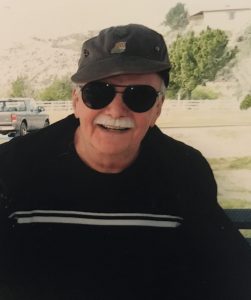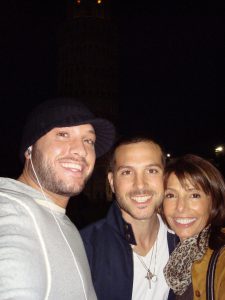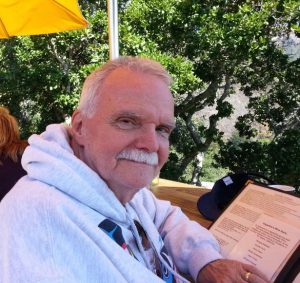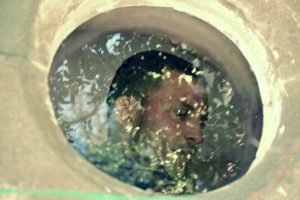 A mom wrote to me: During the holidays, everything seems worse. My son is a smart 22-year-old, quiet and sensitive drug-addicted man. I’m clawing out of my skin. He lies and steals. I just don’t know what to do anymore. Everybody tells me to kick him out, but how can I do that when he has nowhere to go. How guilty would I feel if he died on the street? Yet, when he continues to do drugs in our house with no regard for us, I can’t stand him.
A mom wrote to me: During the holidays, everything seems worse. My son is a smart 22-year-old, quiet and sensitive drug-addicted man. I’m clawing out of my skin. He lies and steals. I just don’t know what to do anymore. Everybody tells me to kick him out, but how can I do that when he has nowhere to go. How guilty would I feel if he died on the street? Yet, when he continues to do drugs in our house with no regard for us, I can’t stand him.
My reflection: I remember being tormented by the continuing question, “What do I do now?” My son’s drug-addicted behavior in my home was intolerable, but the thought of kicking him out seemed impossible. During the holidays, decisions took on a new dimension: What do I do when family comes to visit? What do I say when people ask about him? How do I respond when people wish me Happy Holidays?
Today’s Promise to consider: Addiction is excruciating at every time of the year, but for me the holidays made everything worse. All the good cheer and sparkling lights were fine for others, but I was eager for the season to pass. During these times, it is imperative that I prioritize my emotional health by attending Al-Anon meetings, leaning on my support group and putting faith in my Higher Power.










2 Comments.
View Comments | Leave a Comment